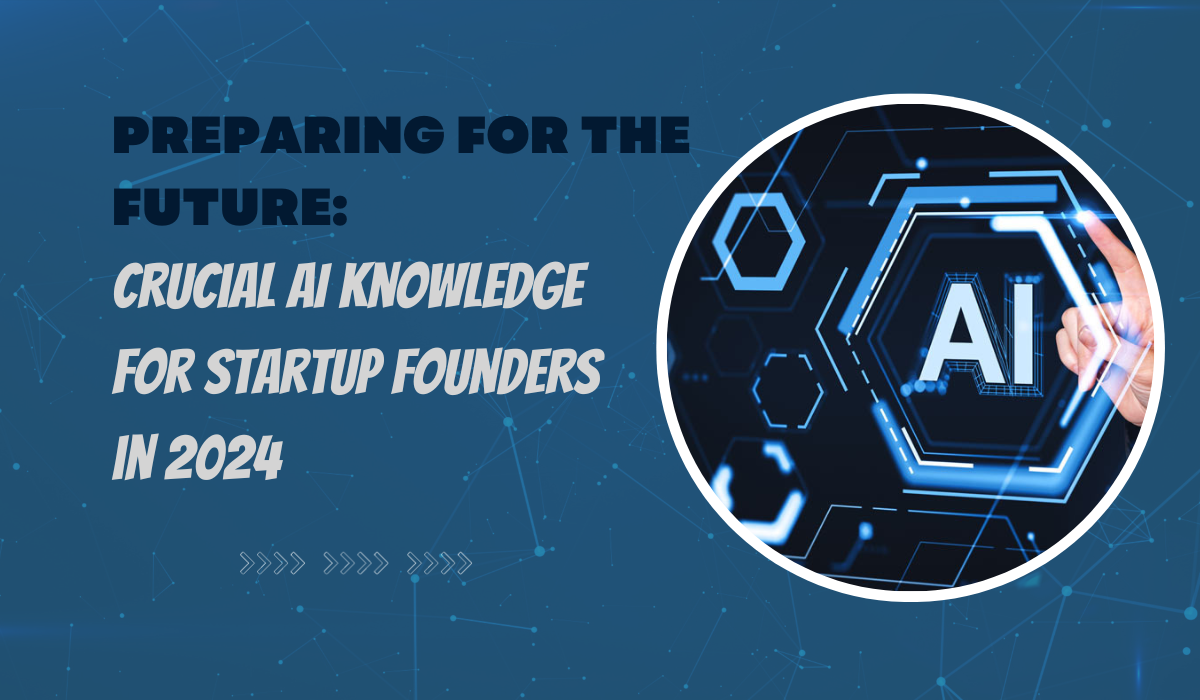
As the tech landscape evolves, startup founders delving into the realm of Artificial Intelligence (AI) must navigate a changing landscape. One key insight for AI startups is the imperative to add value beyond mere integration with popular AI technologies like ChatGPT. Critics argue that some startups are building thin layers around existing technologies, posing platform risks. In response, technology CEOs emphasize the need for startups to construct more robust and defensible offerings, focusing not only on integration but also on creating secure and innovative solutions.
The increasing platform risk extends to startups relying heavily on OpenAI's technology. Much like Apple's expansion of native iOS functionality that affected certain apps, OpenAI's growing product scope may challenge startups relying on its services. To mitigate potential setbacks, founders are advised to build their ventures strategically, steering clear of OpenAI's expanding domain to safeguard their market positions.
Amidst these challenges, a guide on bootstrapping an AI startup emerges as a valuable resource. While external capital remains a popular avenue for many startups, the option to bootstrap offers a self-sufficient approach. In the AI sector, where innovation is rapid and dynamic, understanding the nuances of bootstrapping can empower startups to chart their course independently and maintain control over their growth trajectory.
In the wake of OpenAI's recent crisis, a silver lining appears on the horizon. The turmoil within OpenAI has given rise to the possibility of a new generation of AI startups. Whether it's characterized as a "mafia" or a collective of former colleagues, the unified front presented by the OpenAI community suggests the emergence of a potent cohort of startup founders. This development piques the interest of industry observers, signaling the potential for a wave of innovative ventures to shape the future of AI technology.